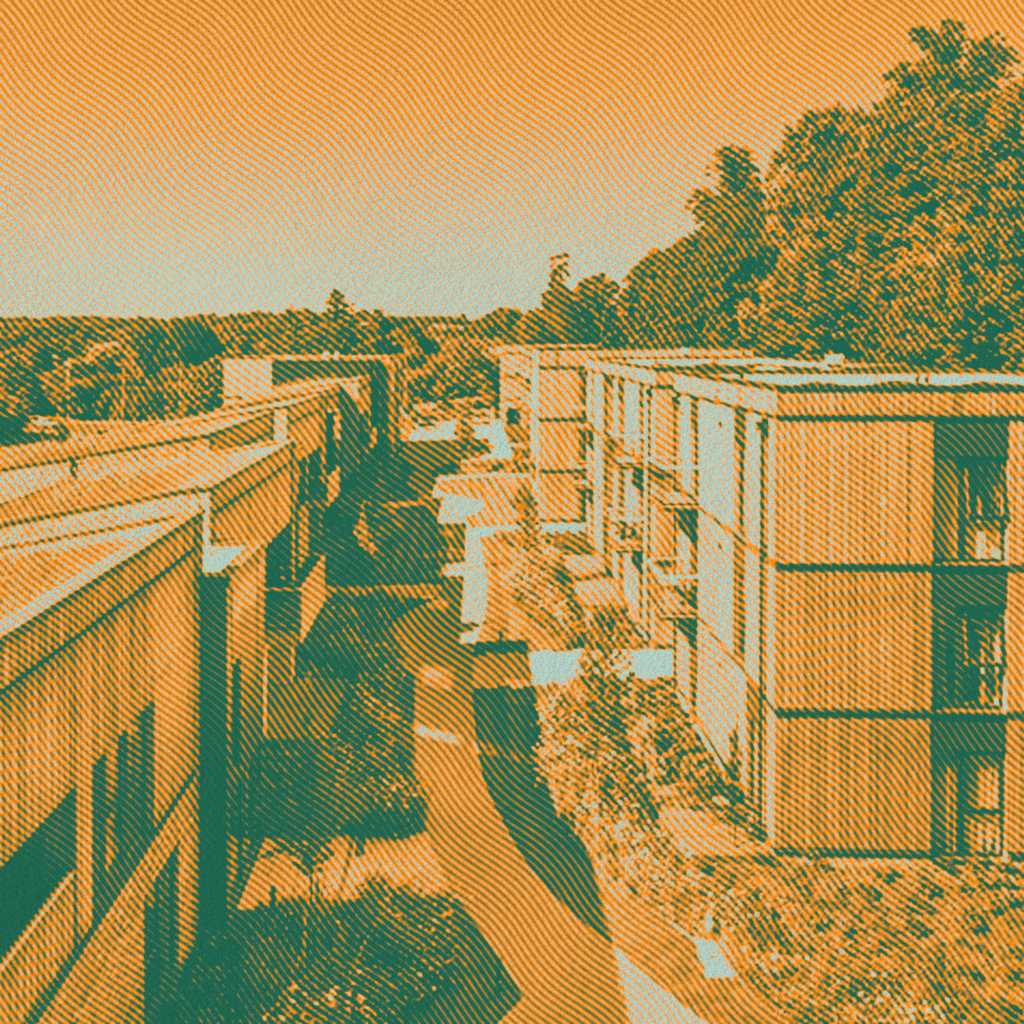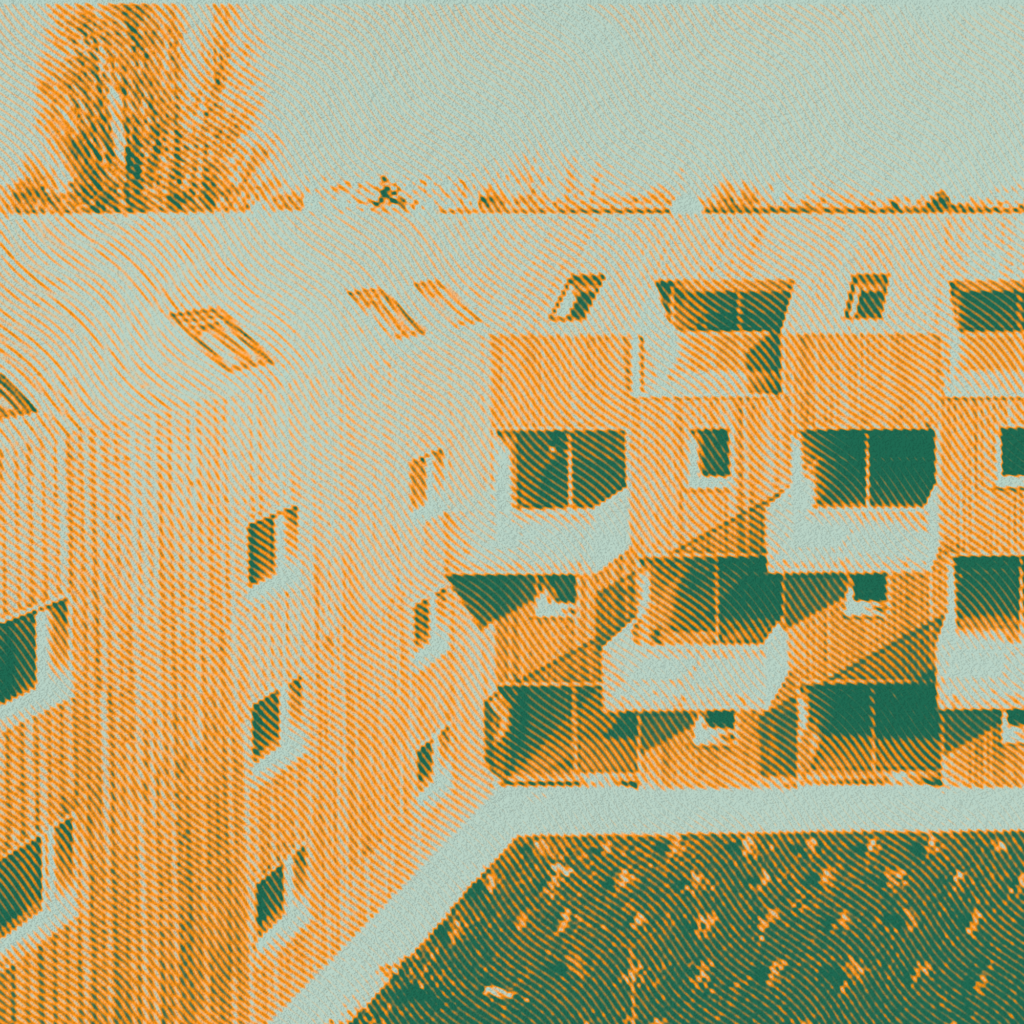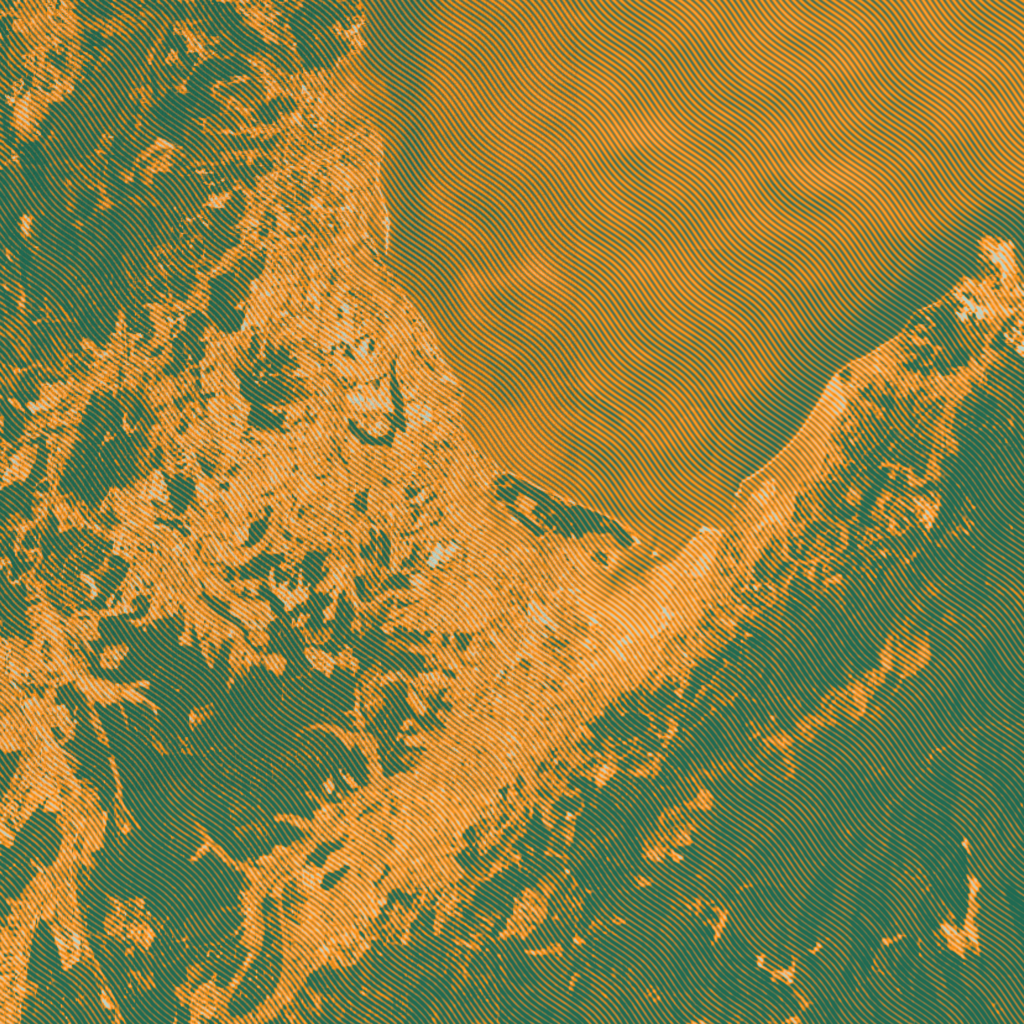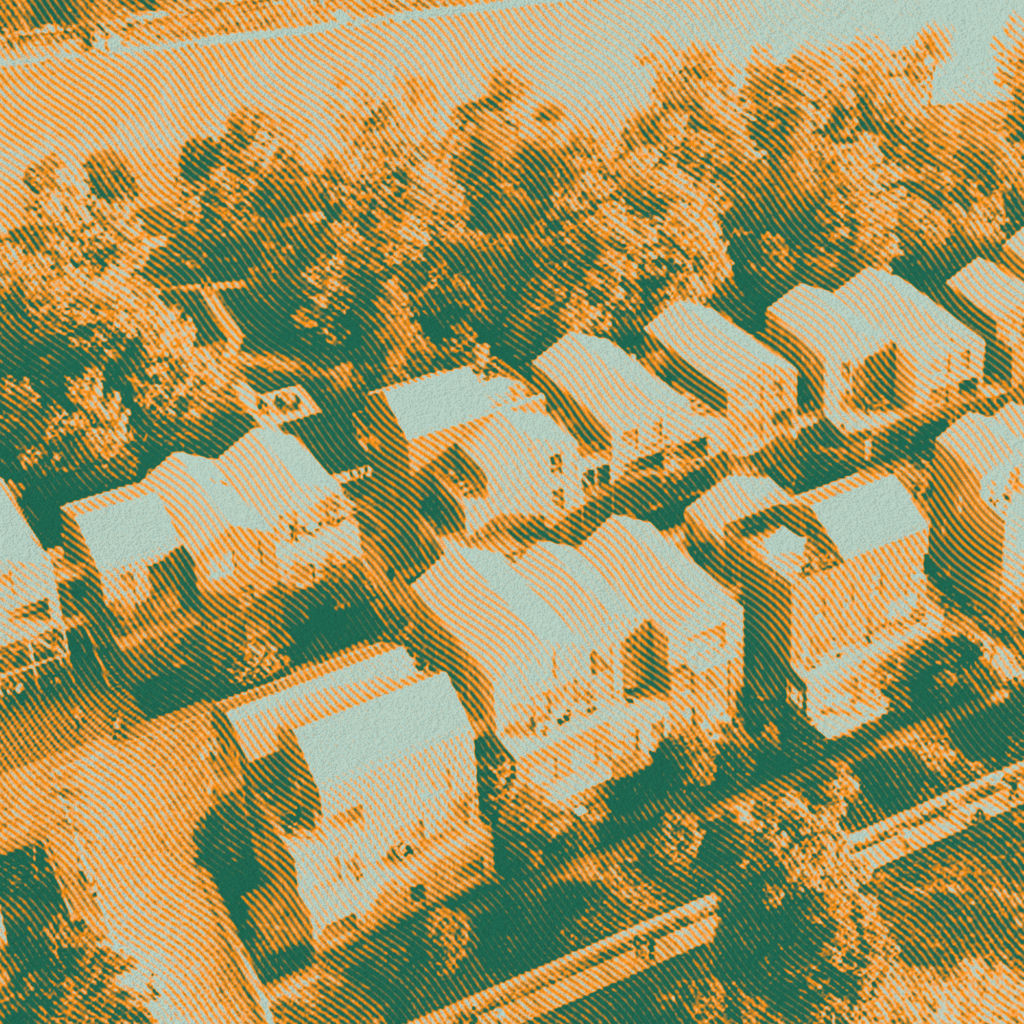NelsonTasman2050
An independent think tank of built environment professionals
We strive to enable quality regenerative developments and vibrant communities in the Nelson Tasman region by advocating, promoting and supporting the creation of resilient, sustainable, affordable, equitable and community-focused urban environments.
Our Current Action points:
alternative Medium Density Standards
We propose alternative Medium Density Standards (link to download standards HERE) for the emerging Whakatu Nelson Plan that enable Quality Intensification through incremental development, while preventing uncoordinated backyard infill development from occurring in the future. The goal of our alternative standards is to, over time, enable the supply a variety of housing choices paired with employment and other supporting amenities, while generating vibrant, safe and liveable communities.


joint Urban Development Agency
Quality Intensification needs a proactive approach to planning. We propose that Nelson and Tasman councils establish a joint Urban Development Agency to guide growth and actively facilitate the emergence of cohesive urban neighbourhoods with a variety of high quality housing choices. The agency would partner with public and private entities to deliver large scale, transformative projects and smaller, site specific interventions. (link to download submission HERE)
Develop Urban Design Guides
Our community is at the cusp of major changes to how we undertake development, with a much greater emphasis on medium density brownfield housing. We need to ensure that the development that takes place is of a high quality and considers (among other things) amenity, liveability and community. We need clear, evidence based design guides to be published to ensure that development is in keeping with the principles of Quality Intensification and to assist the community with understanding the merits of this type of housing.


Minimise urban sprawl
The economic viability and uptake of Quality Intensification increase significantly if the release of greenfield land at the urban fringe is constrained. Greenfield land depresses land values in the whole urban area, which provides fewer incentives for property owners to use their land efficiently. Quality Intensification is a priority and leads to more compact, more efficient and more carbon-efficient settlement patterns.
Create spatial masterplans
We need aspirational visions of what the future of our towns and cities looks like. Long term spatial masterplans can guide growth, development and infrastructure planning while also providing our communities with a vision of the future and a roadmap of how to get there.

WHY IS THIS IMPORTANT?
Urban development is a significant political issue in Aotearoa, with powerful impacts on issues from equity to mental health, to overall well-being, productivity and climate change.
The Nelson Tasman region ranks as one of the worst in the country for housing affordability. Nelson has declared a climate emergency that is being exacerbated by our increasingly expensive transport needs.
Our region’s residential growth has been unequally distributed to fringe suburbs and outlying towns and villages, while living more centrally is out of reach for most. Urban intensification has been misguided as uncoordinated backyard infill development.
This has resulted in a lack of housing choice, poor environmental qualities, rising costs of living and rising greenhouse gas emissions.
This trend needs to be re-balanced to enable more affordable housing, reduce our collective carbon footprint and to facilitate quality urban environments with a variety of housing choices, enabling walking, cycling and public transport as real mobility choices.
Nelson City Councils and Tasman District Council’s response to the National Policy Statement on Urban Development is vital for addressing the housing, cost of living and climate crises.
